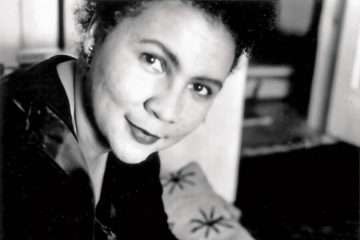Candace McDuffie in The Christian Science Monitor:
 Black feminist thought has become crucial to how we navigate the social, economic, and political currents in America. To understand the consequences of pervasive racist narratives that seep into mainstream media – as well as into public policy and legislation – we must first examine how these narratives affect one of this country’s most vulnerable populations: Black women.
Black feminist thought has become crucial to how we navigate the social, economic, and political currents in America. To understand the consequences of pervasive racist narratives that seep into mainstream media – as well as into public policy and legislation – we must first examine how these narratives affect one of this country’s most vulnerable populations: Black women.
Too often, the societal contributions of Black women are erased, undervalued, or credited to others. We are forced to be our own biggest advocates and we are compelled to fight for the opportunity to express our truths, all while educating folks who are ignorant of our realities. Black women were expunged from the suffrage movement and overlooked during the civil rights movement. Naturally, written works are a direct and succinct way to write ourselves back into history. These five classic literary works serve as manifestoes by Black women when it comes to articulating our unique experience. They are also must-reads, especially during Black History Month.
“Ain’t I a Woman” by bell hooks
This 1981 book by feminist icon bell hooks is named after a famous speech given by Sojourner Truth at the 1851 Women’s Rights Convention in Akron, Ohio. It examines the complicated nature of Black womanhood, especially as it pertains to the legacy of slavery, fetishization of Black women’s bodies, and sexism as it related to the Black nationalism movement. A strong and sobering read, “Ain’t I a Woman” grapples with a disturbing history that has always worked to degrade Black women.
More here. (Throughout February, at least one post will be dedicated to honoring Black History Month. The theme this year is: The Family)
